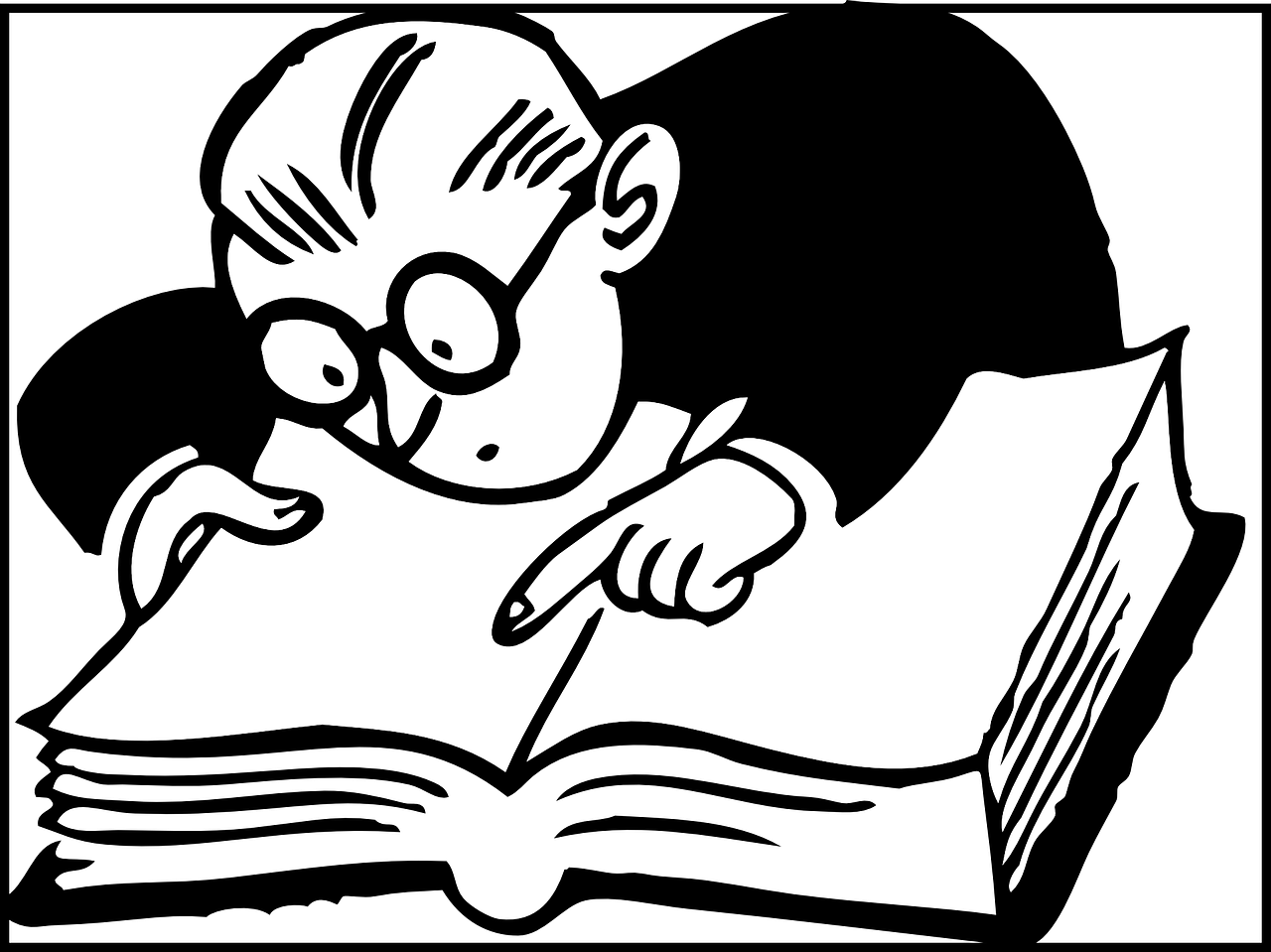Rhetoric – The art of effective or persuasive speaking and writing.
“Rhetoric, is ultimately the art of the right words in the right places,” begins Using Rhetoric author Jordan. “Other modes of language are possible, but none is as convenient, flexible, or reliable as words.”
Precision of language is key in order to appropriately convey the correct message to the audience. As the English language is undoubtedly one of the most confusing languages – even to native speakers – there are several words that have the same spelling but carry different meanings. The sentence structure and overall mood of the writing dictate which meaning the word will adhere to.
Here is an example of using the word “bomb” in various English sentences:
The military bombed its opponents. – As an explosive weapon
I bombed my test at school today. – Failed, to do poorly
You are the bomb! – A verbal proclamation of praise, liking
The car bombed down the highway. – to drive fast and/or aggressively
The quarterback bombed the ball down the field. – A long pass to a teammate
As can be seen, it is crucially important to craft language to leave no chance at wrongful audience interpretation. A persuasive message can only be successful if crafted correctly with word meaning and audience interpretation in mind.
“We need to sharpen our word sense,” explains Jordan. “One word is usually better than another.” In this case, synonym choice is important as well in various persuasive efforts.
Even though there are several ways to express the same meaning in the English language, message creators always have the option to choose a more appropriate word for their message. The main point is move past boring, overused words and select a word that can not only capture the audience’s attention, but accurately describe the message as well.
Here is an example of improved word usage:
The ice cream is good.
“Good” is an overused term that simply is not specifically descriptive at all
The ice cream is delicious.
“Wonderful” is a less used term that has descriptive feeling to it and
gives character to the sentence
With just one word, a multitude of expression is thrust into the setting. There are countless items of food that can be just “good.” Persuasion excites an audience and makes them interested in the message – a word like “wonderful” spices up the message and incites imagination into the audience.
While there may be a better word to use in a sentence, this doesn’t necessarily mean it is the correct one to use. Depending on the tone of the sentence, other descriptive words will work better than others.
As described before, word choice is an extremely powerful task at hand. Here is an example of a bad word choice, an OK word choice, and an excellent word choice:
“The pen is better than the sword.”
Doesn’t accurately describe the intended message of the phrase whatsoever.
“The pen is bigger than the sword.”
This is better, but still doesn’t quite capture the emotion in the sentence.
The pen is mightier than the sword
This sentence is the best – it incites imagination and accurately defines the tone of the message.
Tone has the ability to significantly sway the mood of the message with only one simple word. Using Rhetoric author Jordan sums this up accurately by stating, “Our culture is marked by the power of words.” This word power caters the desired message to be persuasive to the targeted audience.
-Andrew Eppen, Marketing Intern

Recent Comments